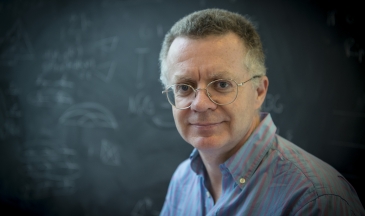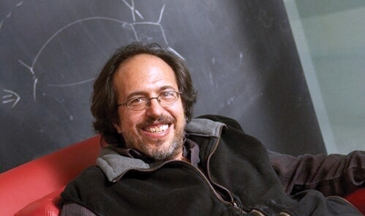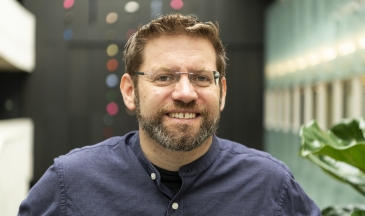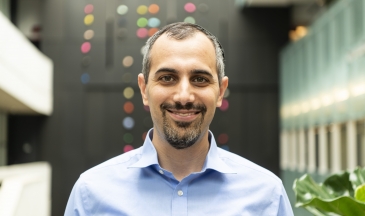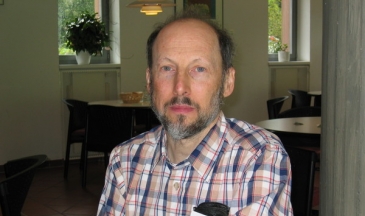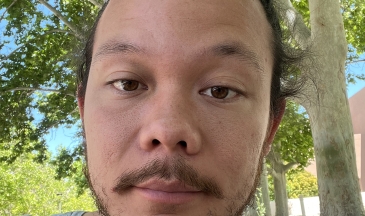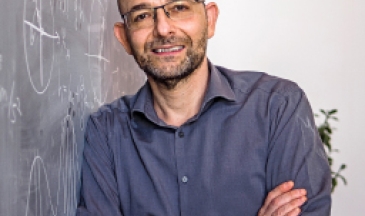The question of what quantum theory is really saying about the fabric of reality has challenged some of the greatest thinkers in physics and philosophy since the theory was developed in the 1920s. This profound inquiry into the foundations of quantum theory continues unabated to this day.
Wherever quantum theory is applied, lack of clarity concerning its conceptual foundations and its innovations relative to classical physics can be a significant impediment to progress. As such, achieving a deeper understanding of quantum theory has the potential to have knock-on effects in every field of modern physics.
A recurring theme in quantum foundations is the interplay between a theory’s operational aspects (having to do with what one can observe in an experiment) and its ontological aspects (having to do with what is real). Most work in the field falls under one of three areas of research:
- Looking for novel effects in quantum theory;
- Investigating conceptual issues in, and interpretations of, quantum theory; and
- Developing a deeper understanding of the structure of the theory (both mathematical and conceptual) for its own sake, for the purposes of finding a way to reconstruct the theory from more basic axioms, and for the purpose of going beyond quantum theory.
The field of quantum information has roots in the field of quantum foundations and, conversely, has led to exciting new approaches to foundational problems. The two fields remain deeply intertwined to this day.
The conceptual and mathematical techniques for quantum foundations are also ripe to be applied to other areas of physics. For instance, because the very early universe should be describable as a quantum system, questions in quantum foundations become important for quantum cosmology. In addition, a better understanding of the foundations might help us with one of quantum theory’s great unsolved problems: how to incorporate gravity into its framework to arrive at a theory of quantum gravity.

